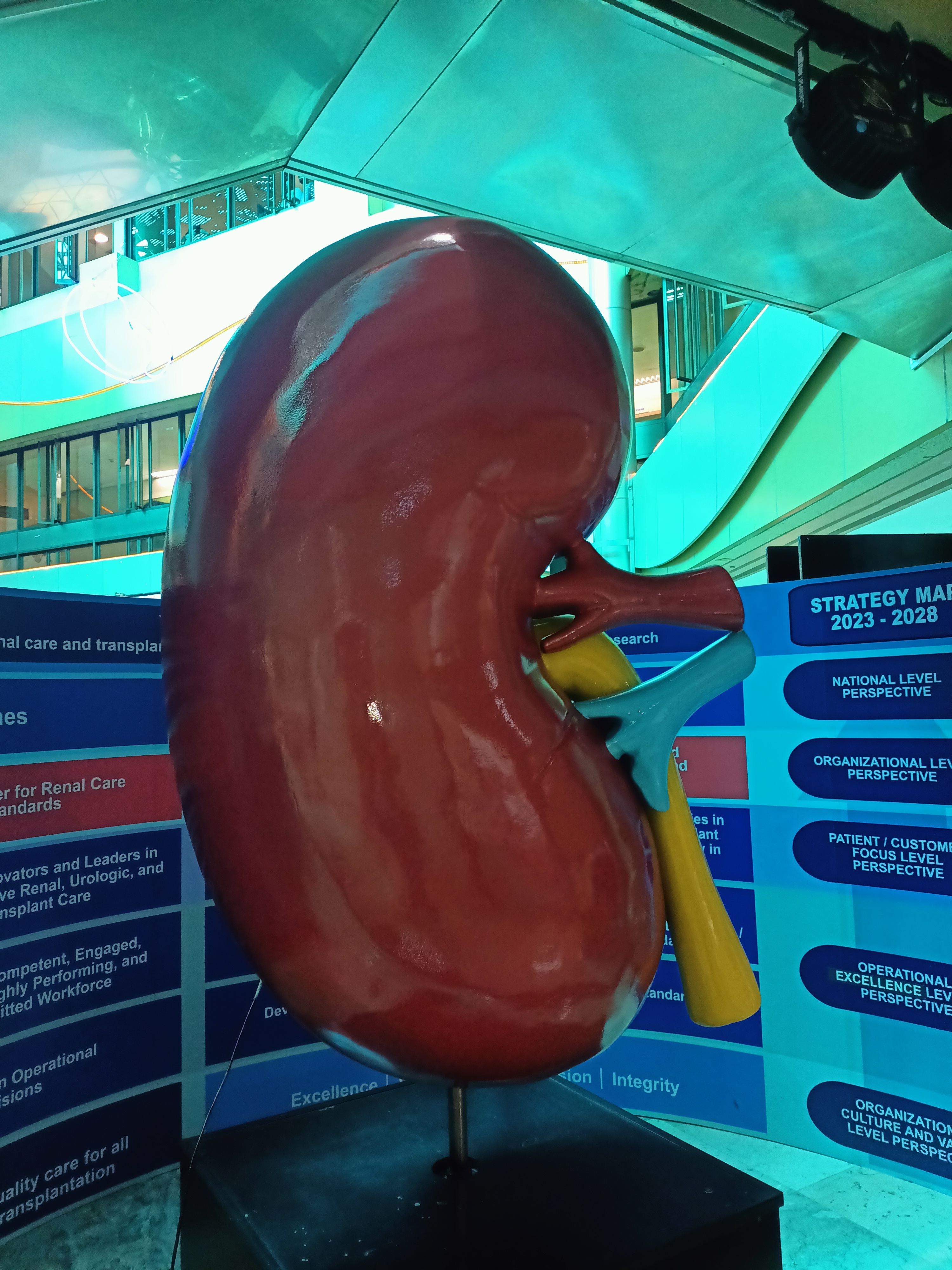Philippines leads Asia in 'living organ' donation --- NKTI
The National Kidney and Transplant Institute (NKTI) said that the Philippines is at the forefront of living organ donations in Asia.

In a press conference on Monday, February 19, NKTI Executive Director Dr. Rosemarie Lequete said the majority of its kidney donors are "living donors."
"Ito ay karaniwang mga kapatid, ina, ama or mga relatives, pero ‘pag walang relatives ay mayroon tayong living non-related donors katulad ng mga kaibigan or sa community (These are usually siblings, parents, or relatives. But in the absence of relatives, we also have living non-related donors such as friends or members of the community)," Lequete said.
In other countries, Lequete said the preference for donation is "deceased organ" donors or individuals who are brain dead due to accidents or illnesses but still have viable kidneys.
"If you look at Korea and Thailand, they excel in their deceased organ donation," she said.
Shortage of donors
However, Lequete emphasized there is a shortage of donors in the country.
READ: https://mb.com.ph/2024/2/19/nkti-laments-shortage-of-organ-donors
“For example, in our families, if someone has high blood pressure or diabetes, they cannot donate to their children," Lequete said.
"Similarly, if there's polycystic kidney disease in the family, a family member cannot donate," she explained.
"That's why we turn to non-related donors or enlist in the Human Organ Preservation Effort (HOPE) for deceased organs," she said in Filipino.
Assurance provided to living donors
Meanwhile, regarding the assurance provided to living donors, Lequete emphasized that comprehensive tests are conducted before donation to ensure the donor's health remains normal.
"Ang tao mabubuhay naman kahit isa lang ang kidney. Sabi nga nila kaya siguro ginawang dalawa ang kidney dahil one for yourself and one to spare or to donate (People can live with just one kidney. They say perhaps kidneys are made in pairs—one for yourself and one to spare or donate)," she added.
Lequete underscored the importance of thorough screening and having a donor advocate, noting that not only the transplant surgeon reviews laboratory tests but also another party to ensure accuracy.
"We also have an ethics committee to ensure that donation is ethical, voluntary, and not coerced, whether it's a sibling or a child; they were not forced to donate," she emphasized.
On another hand, regarding a partnership with the Land Transportation Office (LTO), Peter Paul Plegaria, Chief of Transplant Coordination of HOPE, explained that although there's an option for organ donation on driver's licenses, it has not been widely disseminated.
"We are currently working on this, not only with the LTO but also with the Department of Education (DepEd) and Commission on Higher Education (CHEd) to include the organ donation program in the curriculum," Plegaria stated.
He added that this program is not exclusive to NKTI but involves collaboration with all agencies.
NKTI further addressed kidney vendors, emphasizing that such activities are illegal. "Our organs are not for sale," he stressed.